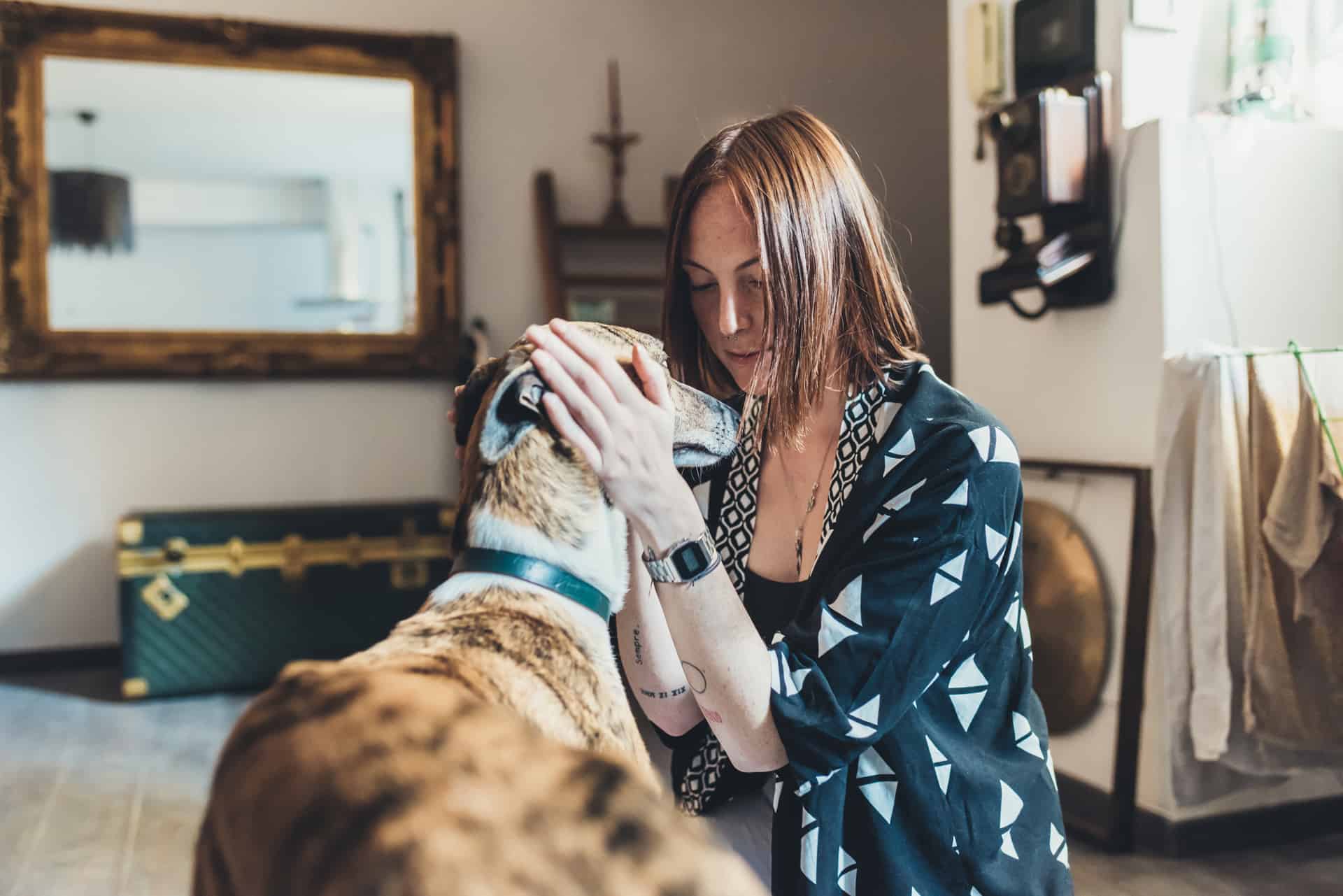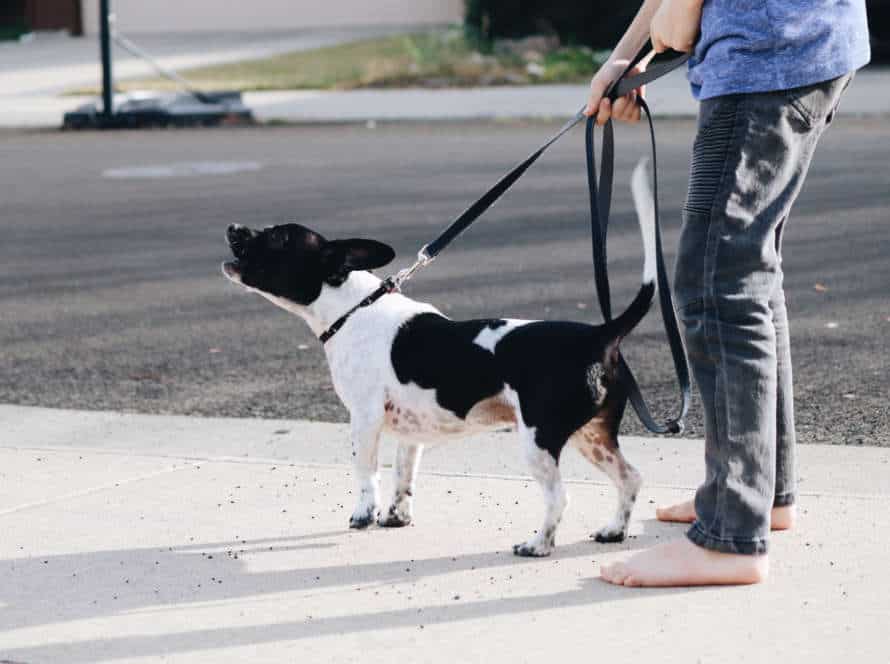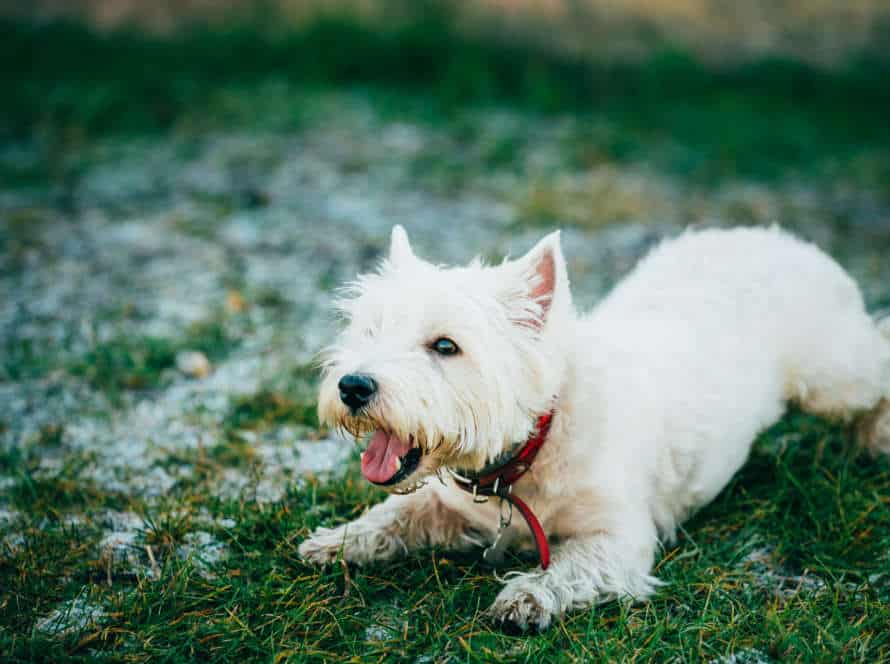Tips for Managing Digging Behavior in Apartment Living
Living with a pup who loves to dig in an apartment? Here are some tips.
- Offer them physical and mental stimulation – walks, playtime, interactive toys.
- Make a designated digging area – with sand or dirt, and toys for your dog to play with.
- Supervise your pup when in the approved area – for safety and to stop them from digging elsewhere.
- Use positive reinforcement training – show them when and where to dig, and reward them when they do it in the approved spot.
With patience and consistency, you can manage your pup’s digging and keep a happy and safe apartment.
Understanding the Reasons for Digging
Digging is a common issue for those living in apartments. To manage it, understanding why your pet does it is important. They might be looking for comfort, burying treats, or feeling frustrated due to being stuck inside. To create an effective plan, identify the reason behind your pet’s digging.
Boredom and lack of stimulation
Digging is a common behavior for dogs in apartments due to boredom and lack of stimulation. To manage this, it is important to understand why your pup digs. Reasons may include excess energy, anxiety, or wanting to hide something.
Provide toys, puzzles, and exercise to help. If the digging continues, create a designated digging area outside, give them a sandbox, or enroll them in dog training classes.
For underlying stress or anxiety, use positive reinforcement training and other techniques. Talk to a professional trainer or vet to identify why your dog is digging and come up with a personalized plan.
Remember to always give your pup enough physical and mental stimulation to prevent unwanted behaviors like digging.
Separation anxiety and stress
Digging is a common behavior among dogs living in apartments. It can be caused by separation anxiety or stress. To manage this behavior, here are some tips:
- Exercise and interact with your pet.
- Make a designated area where they can dig.
- Crate train them to feel more secure.
- Use positive reinforcement to reward good behavior.
By understanding and managing these behaviors, you can have a happy relationship with your pup in an apartment.
Breed tendencies and instincts
Gaining insight into breed tendencies and instincts can assist apartment dwellers to control their dog’s digging. For example, some breeds like terriers and hounds were specifically bred for digging and have a natural inclination to make burrows.
To tackle this, you can take the following steps:
- Give other ways for digging, such as a special digging area or toys.
- Encourage and reward your pup for good behavior.
- Ensure your pup is kept busy with regular exercise and playtime.
- Set boundaries for your pup with enclosures or fences to restrict their access to spots where you don’t want them to dig.
- Meet your pup’s emotional and physical necessities to decline their craving to dig out of boredom.
By comprehending your pup’s instincts and offering them suitable outlets for their vigor and behavior, you can help manage their digging behavior in an apartment setting.
Minimizing Opportunities for Digging
Got a pet that digs? Apartment living can make it tricky to manage! To reduce the chances of your pet digging, offer lots of alternative activities. And limit their access to areas they can dig. Here are some tips to help you out:
Provide enough exercise and mental stimulation
Dogs have an urge to dig. And this can be a problem in apartments. To stop your pup from digging, make sure they get enough exercise and stimulation. Here’s how:
- Walk, jog, or visit the dog park with your pooch.
- Play fetch or hide-and-seek.
- Offer interactive toys, puzzle games, and treat-dispensing balls.
- Teach tricks and commands using positive reinforcement.
- Do obedience training and agility courses.
If you can’t give them enough exercise and stimulation, hire a dog walker or send them to doggie daycare.
Give access to appropriate toys and chews
Living in an apartment with a dog can be tricky. To help minimize their digging behavior, provide them with appropriate toys and chews.
Kongs are a great option – they’re durable and can be filled with treats.
Antlers and bones are also natural and long-lasting chews that are good for your pup’s dental health.
Puzzle toys require your dog to work for their food, which can help stimulate their mind and reduce boredom.
Be sure to keep an eye on your pup when introducing new toys and don’t give them anything that looks like something they shouldn’t chew.
Close off restricted areas and supervise your dog
Managing your pup’s digging in an apartment can be tricky. But, there are steps you can take to discourage it.
- Close off areas with loose soil or carpet.
- Also, watch your pup whenever they’re out of their crate or play area.
- Provide them with daily walks, puzzles, and training sessions.
By doing this, you’ll reduce digging and create a happy and healthy home for you and your furry companion.
Redirecting Digging Behavior
Digging can be a problem for pet owners living in apartments. Knowing why your pet is digging is key, but managing it is also important. Redirecting the behavior is one way to solve this. Here are some tips for doing this in an apartment:
Teach basic obedience commands and reinforce good behavior
To manage your pup’s digging in an apartment, teaching basic obedience commands and reinforcing good behavior is a must. Here are some tips:
- Teach “sit,” “stay,” and “leave it” to distract them from digging.
- Exercise, play, and give mental stimulation to keep them occupied.
- Provide a designated digging area with toys and tools to entice them.
- Use treats and praise to encourage good behavior and discourage digging.
Follow these tips and your pooch will live peacefully in your apartment!
Pro tip: Be consistent with training and use positive reinforcement for long-lasting results.
Train and reward desirable digging behaviors
Train and reward your pup for any desirable digging activity. This is an effective way to control any destructive digging in your pooch, especially when living in apartments with limited outdoor space. Here are some tips:
- Designate a digging spot, such as a sandbox or a corner of the balcony. Hide treats or toys in the sand, and reward your dog when they dig in that area. Praise and reward them when they use this spot.
- Use deterrents like motion-activated alarms or double-sided tape to stop them from digging where they shouldn’t.
- Make sure you give your furry friend lots of exercise, attention, and mental stimulation to stop them from being bored and from destructive behavior.
With patience and consistency, you can teach your pup to redirect their digging and live happily in a small apartment.
Use positive reinforcement techniques to redirect when inappropriate behavior occurs
Dogs love to dig! But managing this behavior in an apartment can be tricky. Positive reinforcement is the way to go. Here’s how to redirect digging:
- Set up a special digging area – with a sandbox or soil. Hide toys or treats here.
- If your pup digs in the wrong spot, say “no” firmly. Then show them where they can dig.
- When they use the right spot, reward them with a treat!
- Make sure your pup is getting enough exercise – to avoid boredom and stop excessive digging.
Using positive reinforcement will help your pup’s behavior – and protect your apartment.
Disciplining Your Dog Appropriately
Dogs naturally dig. It’s often due to boredom. This can be annoying if you live in an apartment. So, it’s important to discipline your pup. This ensures harmony between humans and animals. Let’s look at why dogs dig. Why? What are the most effective ways to stop it?
Avoid physical punishment or negative reinforcement techniques
Physical punishment or negative reinforcement is not effective for disciplining dogs with inappropriate digging behavior in an apartment living space. It can cause issues such as anxiety, fear and aggression, and can even make the digging behavior worse.
Rather than this, here are some alternative techniques which are effective:
- Provide a suitable digging area, like a sandpit or corner in the apartment, to direct their digging behavior.
- Exercise, socialize and provide mental stimulation for the dog. This will tire them out which minimizes digging.
- Use positive reinforcement like treats, praise or playing with toys to redirect their attention.
- Consistently reinforce the rules and say “no” in a firm tone, or use calming commands like “leave it” or “stop”.
And be patient and consistent, ensuring your dog’s welfare and happiness is always prioritized.
Use corrective measures consistently and calmly
Disciplining your pup for digging in an apartment? Here are a few tips!
- Redirect their attention. Use toys or treats to draw focus away from the digging spot.
- Positive reinforcement. Pet, praise, or reward with their favorite treat when they do something good.
- Consistency. Correct them each time they dig. This will help them understand it’s not okay.
- Calm approach. Don’t shout or hit. A calm approach is more effective.
- Allocate a digging spot. Let them dig in one specific spot. This will save your garden or apartment area.
By using these methods consistently and calmly, you can manage and improve your pup’s behavior. Pro Tip: Exercise, play, and interactive toys can help give your dog physical and mental stimulation. Well-exercised dogs are less likely to show destructive behaviors.
Consider consulting with a professional trainer or behaviorist if the digging behavior persists.
Digging is typical for pooches, yet it can be a nuisance in flat living spaces. To manage this behavior, pet owners must use effective discipline. If the behavior continues, hire a pro trainer or behaviorist for help. Here are some tips:
- Punish when you catch them.
- Guide them to a toy or other task.
- Make a separate space like a sandbox or one spot in the yard.
- Give exercise and mental challenges to prevent boredom.
- Reward good behavior with treats and praises.
If these don’t work, seek help from a specialist. They can assess the dog’s habits and offer strategies for undoing and fixing this habit.
Frequently Asked Questions
1. Why do dogs like to dig?
Dogs are natural diggers and digging is a natural behavior for them that can be triggered by boredom, anxiety, or the desire to hide or find something.
2. Is it possible to stop a dog from digging altogether?
It is unlikely that you can stop a dog from digging completely. Instead, it is important to redirect the behavior and provide your dog with a designated area to dig in.
3. How can I prevent my dog from destroying my apartment while digging?
Provide your dog with toys and activities that can help redirect their digging behavior. Ensure they have plenty of exercise and playtime to reduce anxiety and boredom. You can also use positive reinforcement training to help redirect their behavior.
4. What should I do if my dog continues to dig in unapproved areas?
When your dog digs in an unapproved area, do not punish them. Instead, use positive reinforcement training to redirect their behavior to an appropriate area. This may take time and patience, but it will help to reduce the problem in the long run.
5. Are there specific breeds that are more prone to digging than others?
Yes, some breeds such as terriers and hunting dogs are more prone to digging due to their natural instincts. However, all dogs have the potential to dig and can benefit from training and redirection.
6. Can I use repellents to prevent my dog from digging?
While some repellents may work in the short term, they are not a long-term solution. It is important to address the underlying cause of your dog’s digging behavior and redirect it to an appropriate area.







